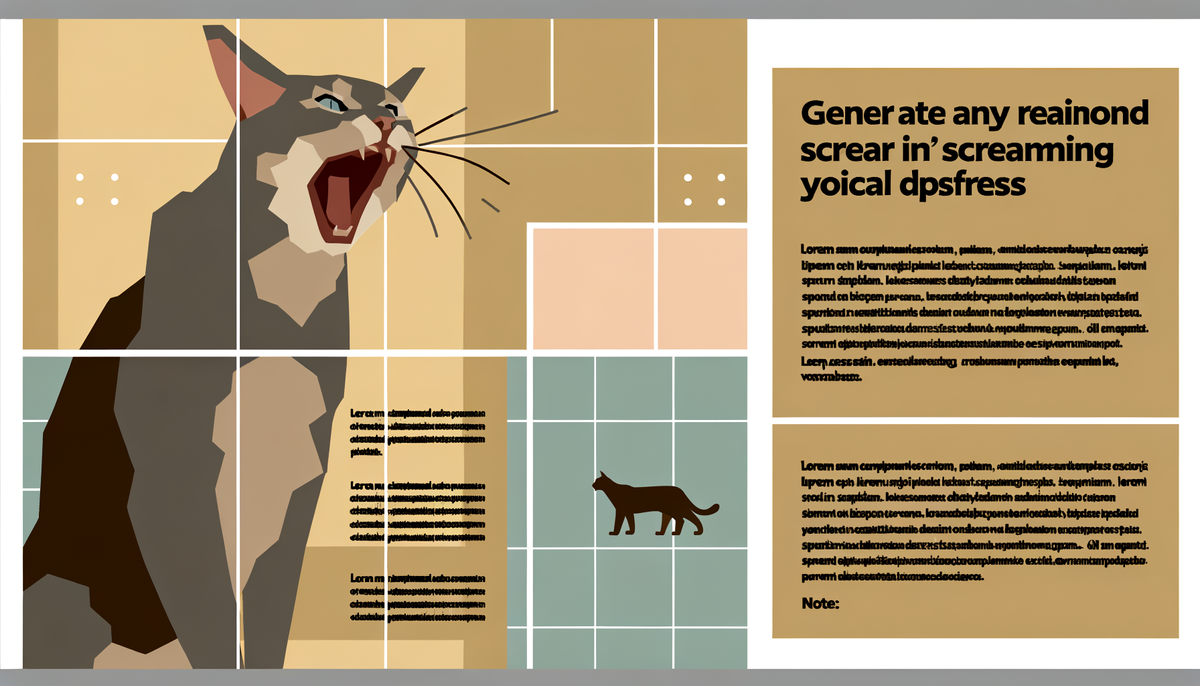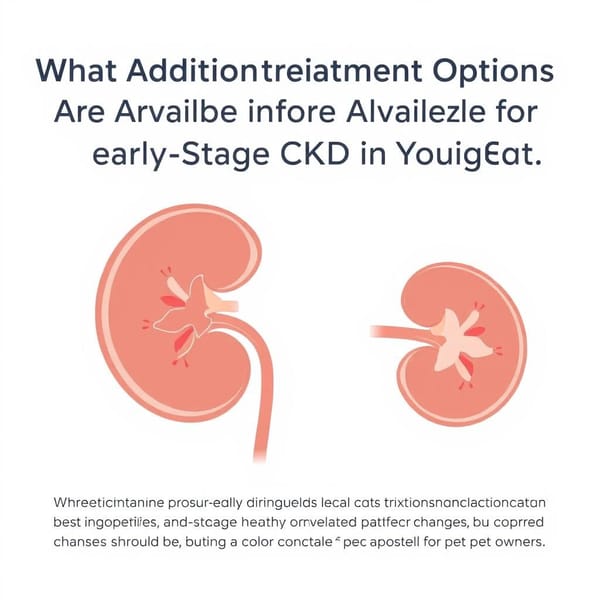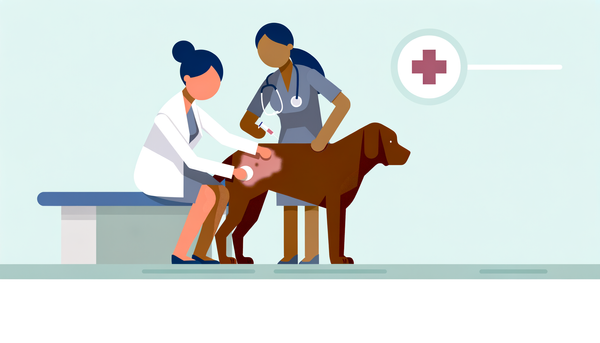Why Is My Senior Cat Screaming and Yowling?

Question
Senior cat won’t stop screaming.
My cat’s exact age is unknown, but she is definitely at least 12, possibly older. She has IBD and probably needs her anal glands extracted again.
In the past couple of months, she has been screaming her head off and yowling, day and night. I took her to the vet and they ruled out joint pain. She did turn out to have mild hyperthyroidism and she has been on medication for that for a few weeks now with no noticeable improvement. She used to sleep on my pillow every night. She hasn’t slept with us in months, just walks around the house and screams. Sometimes I also catch her hissing and growling to herself.
Is she dementing? Is it something else? Is there anything else I should try and do? TIA.
Answer
Understanding the Behavior
Firstly, it’s important to understand that vocalization changes in senior cats can stem from several causes, and what you’re describing with your cat's behavior could relate to one or more underlying conditions. Given her age, her history of IBD (Inflammatory Bowel Disease), and recent hyperthyroidism diagnosis, these factors could interplay to affect her behavior.
Possible Causes of Screaming and Yowling
- Hyperthyroidism: Cats with hyperthyroidism often exhibit increased vocalization, restlessness, and changes in sleep patterns. This condition accelerates the metabolism, leading to more frequent hunger, irritability, and activity, often manifesting in excessive yowling, especially at night.
- Cognitive Dysfunction Syndrome (CDS): Often referred to as feline dementia, this condition's symptoms in senior cats include disorientation, altered sleep-wake cycles, and increased vocalizations. Given the description of your cat occasionally hissing and growling to herself, it’s worth considering CDS as a possible cause.
- Pain or Discomfort: Although the vet ruled out joint pain, other types of discomfort can cause vocalizations. Issues like dental pain, digestive discomfort from her IBD, or anal gland problems could also lead to your cat's frequent yowling.
- Sensory Decline: Cats experiencing loss of vision or hearing may become more vocal as they navigate their environment and seek reassurance.
Recommended Actions
- Follow-Up with Vet: Since your cat continues to yowl despite the hyperthyroidism treatment, a follow-up visit to further investigate other causes is advised. Discuss the possibility of CDS with your vet, as well as any other underlying discomforts that might not have been previously considered.
- Behavioral and Environmental Adjustments:
- Routine: Keeping a consistent routine for feeding, play, and sleep time can help manage your cat’s anxiety and reduce vocalizations.
- Comfort: Create a cozy, safe space for her to retreat to that might help her feel more secure, especially during the night.
- Stimulation: Mental and physical stimulation during the day might help expend her energy, leading to better rest at night.
- Medication and Treatments:
- If CDS is diagnosed, medications and supplements like selegiline (Anipryl) and SAMe (S-Adenosyl methionine) may help manage symptoms.
- Evaluate her current medication for hyperthyroidism with your vet to ensure it's the right type and dosage.
Providing your senior cat with prompt veterinary care and supportive measures can significantly enhance her quality of life and potentially resolve or lessen the excessive vocalizations.
Conclusion
Experiencing such changes in behavior in a senior cat can be concerning, but with a thorough veterinary evaluation and appropriate interventions, many of the underlying issues can be effectively managed. Given her complex medical history, continuous observation and regular veterinary consultations are key to ensuring her well-being.
Sources:



